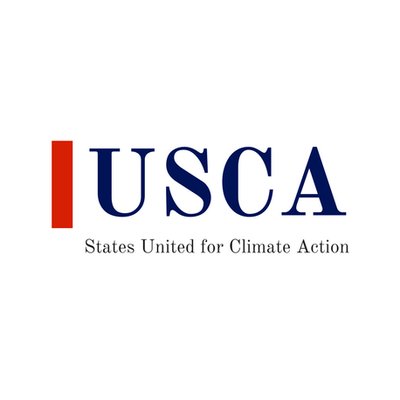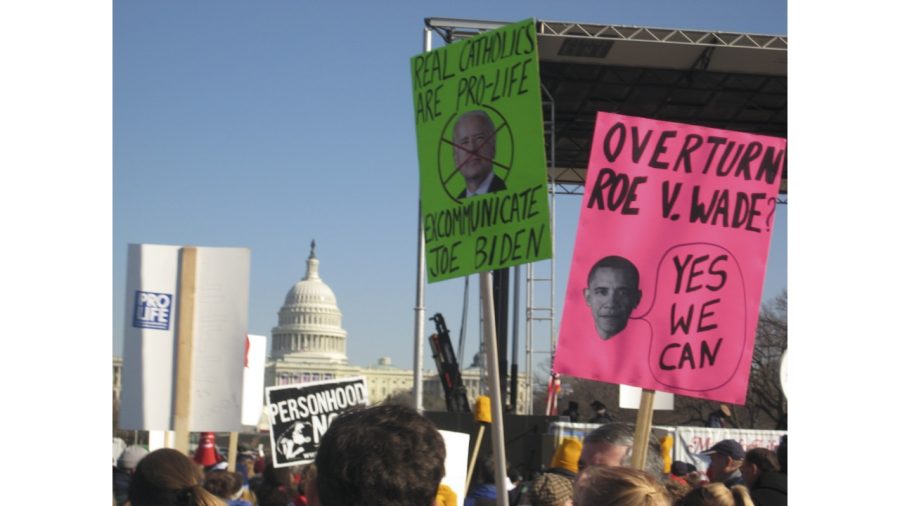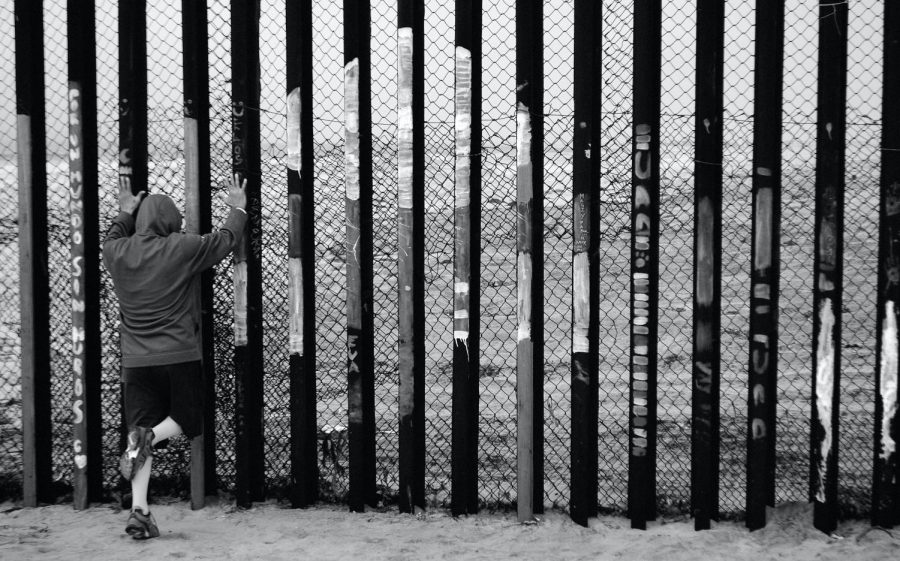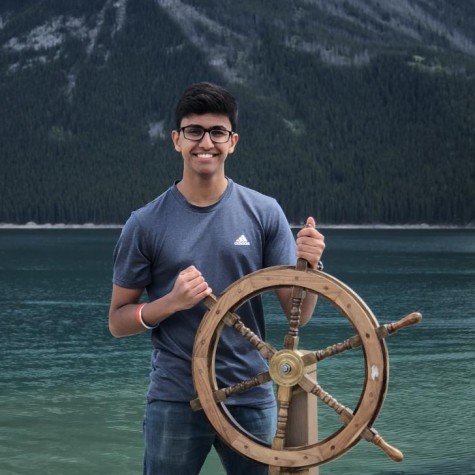In the past two months, Michigan, Wisconsin, Maine, and Nevada have joined the U.S. Climate Alliance. This is an indication that climate change is a very current, probing issue.
In June of 2017, President Donald Trump chose to withdraw the United States from the Paris Climate agreement, a global treaty intended to fight the effects of climate change. As global temperatures rise, the 195 countries initially signed onto the treaty in hopes of limiting that temperature increase to two degrees celsius in the next century.
When the United States announced its withdrawal from the agreement, it was viewed negatively across the globe. The United States is among the world’s largest greenhouse gas producers and many people viewed leaving the treaty as a step backwards.
This is because climate change is widely accepted among a large portion of the population. Aman Manazir, a senior, says, “climate change is a real and scientific phenomenon. Countless studies and research have proven that the actions of humans have undeniably affected the environment on a fundamental level.”
In an effort to address climate change, several governors launched the U.S. Climate Alliance. The alliance intends to uphold the principles of the Paris Agreement, independent of the federal government. On a global level, this is a step towards limiting humanity’s impact on the planet.
In order to join the U.S. Climate Alliance, a states’ governor must pledge his or her support for the organization. After this they can make necessary changes and enact policy to reduce their carbon emissions under the alliance’s guidance.
As an organization, the alliance is already proving to be effective. Every single state a part of the agreement is currently on a downward trend when looking at their carbon emissions from energy sources. The intention of the alliance is to encourage other states to continue this trend and make it nationwide.
Although it is finding some early success, the future of the alliance depends on how it can continue and incentivize its members to stay. As of now, 19 of the 23 states and territories that are part of the alliance are Democratic. The entire organization is advertised as a bipartisan effort, so it will be of utmost importance for the existing members and leadership to motivate states from all parts of the political spectrum to join its agenda.
As of now, Iowa is not a part of the alliance. A possible reason why is the fact that Iowa is currently under Republican leadership. There are many people, however, that believe this should not affect Iowa’s environmental agenda. “Climate change shouldn’t even be a political matter of opinion,” Manazir says. “Every single country, body, and political entity should agree and come together in order to combat this very real issue.”









